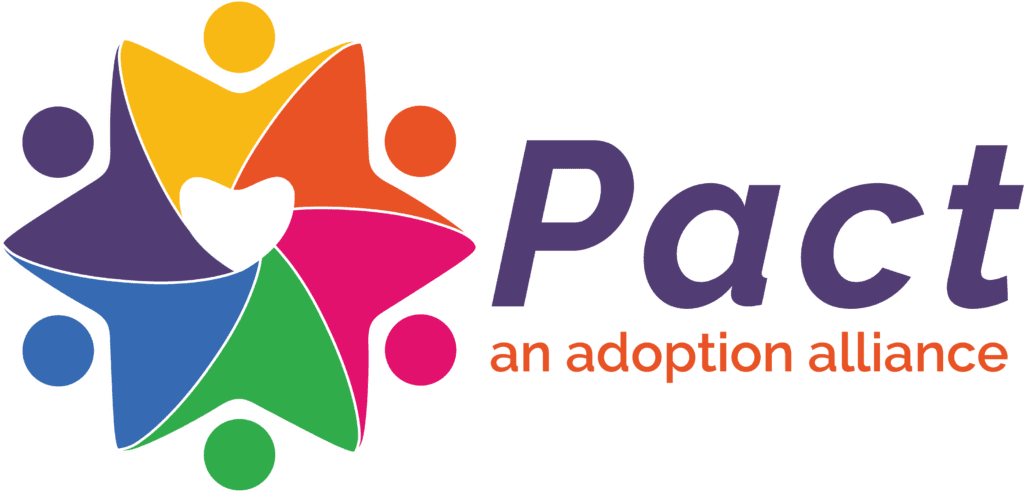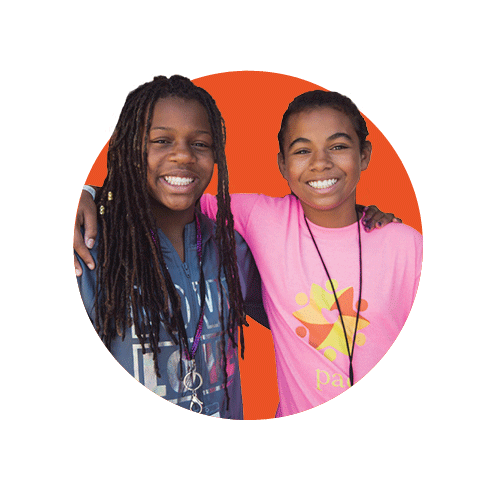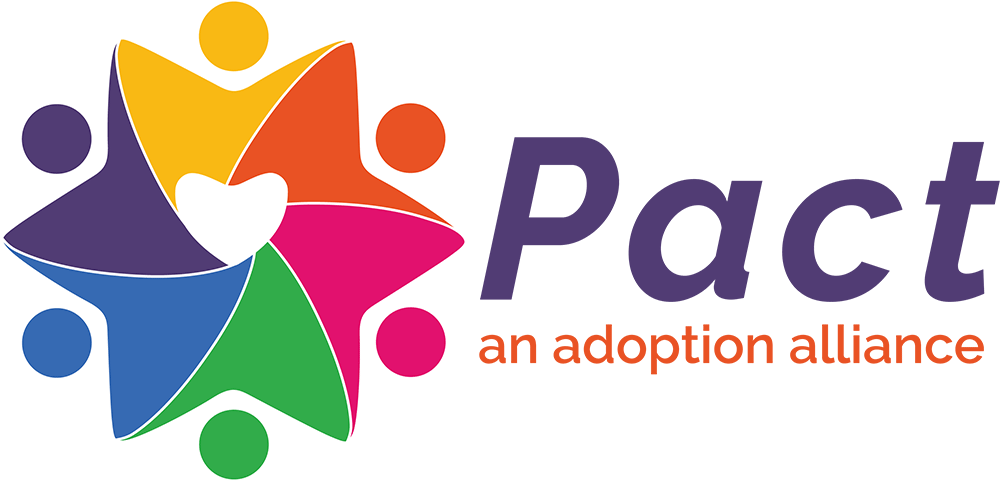
Pact Youth Clubs


Pact is committed to serving tween and teen adopted/fostered youth of color, populations that are under-served by adoption organizations yet over-represented in the mental health and criminal justice systems. We know that community and mentorship are essential for youth who are too often othered in our society at a vulnerable time in their lives.
In 2004, Pact established its groundbreaking Teen & Tween Clubs, later known simply as Pact Youth Clubs. Between 2004 and 2024, this program served over 1000 adopted and fostered youth of color. Monthly meetings for cohorts of adopted tweens and teens of color, facilitated by dedicated mentors of color (many of them adult adoptees or foster alums themselves), provided a vital space for connection, understanding, and growth. Through Pact Youth Clubs, adopted and fostered teens made friends, connected with role models, built confidence, and processed big feelings and questions about their identities in a safe space.
Our son said he wishes the club could meet twice a month— that’s how much he enjoyed it. Thank you for the work you do to help our adoptees grow and heal!”
Reimagining Pact Youth Programming
Pact is re-imagining its programming to find the most impactful and responsive ways to serve today’s tween and teen adopted and fostered youth of color. In 2024, we surveyed adoptees, as well as adoptive and foster parents, about the future of Pact youth programming. Our key findings: interacting with peers and mentors who share their experiences is critical to BIPOC adoptees/foster youth figuring out who they are and coping with the complexity they face. While there is openness to hybrid or virtual groups, youth want opportunities to meet in-person in different locations. We got lots of great suggestions for program content and design.
In 2025, Pact is committed to seeking grants or gifts to underwrite this work, so we can support cohorts of adopted/foster youth of color not only in the greater Bay Area, but in other regions that have expressed interest and need.
If you are interested in making a donation to support Pact’s youth programming, please donate today or contact Pact Executive Director Beth Hall at beth@pactadopt.org to discuss giving opportunities.
If you would like to receive updates related to Pact programming for teens and tweens, please fill out this form:
Pact continues to serve adopted and fostered teens and tweens through Pact Family Camp and our Center for Race and Adoption Focused Therapy, and offers two support groups for parents of adopted teens and tweens, as well as one-on-one parenting consultations.
